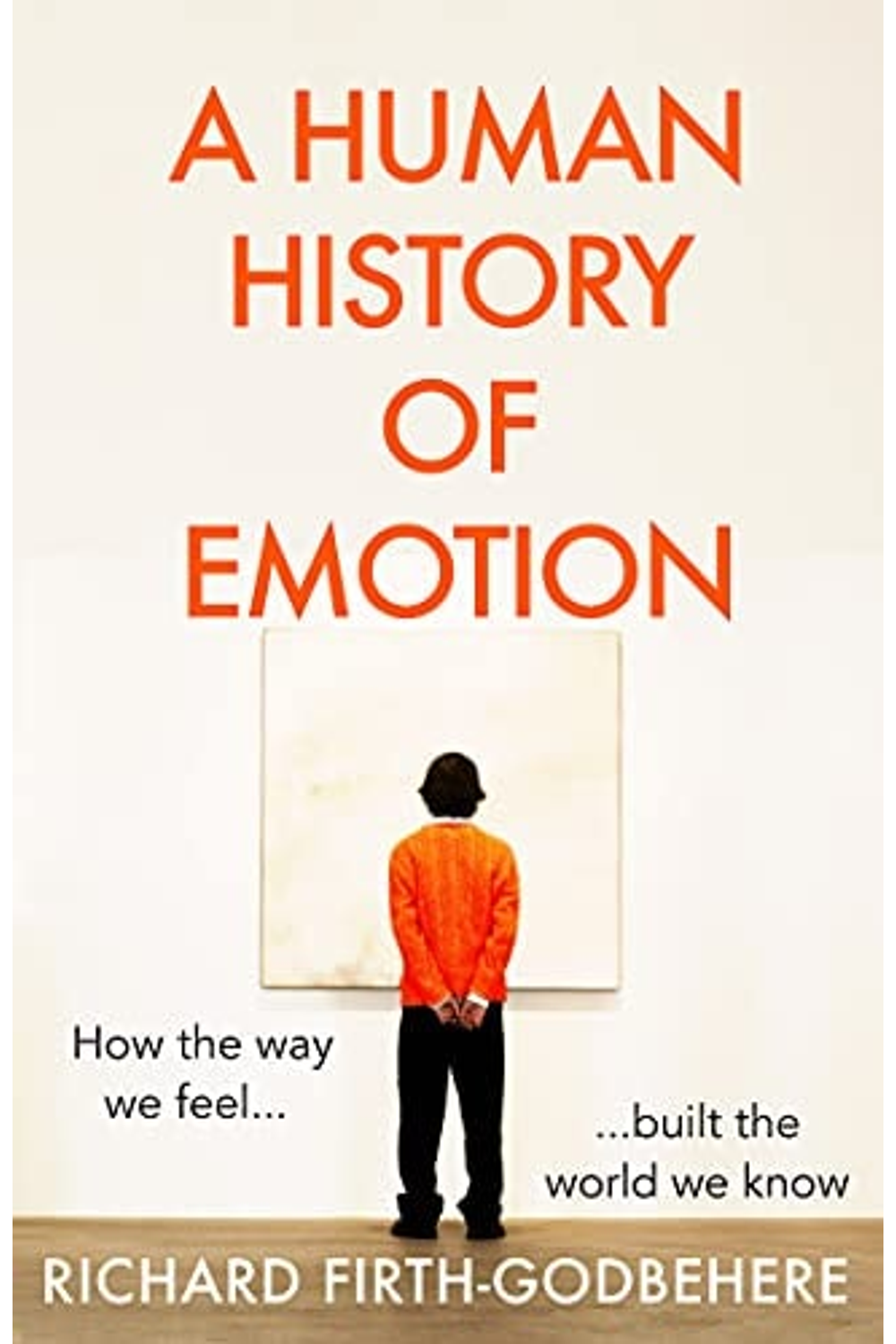Delve into the emotional undercurrents of human civilization with Richard Firth-Godbehere’s *A Human History of Emotion*. This compelling work reimagines history through the lens of feelings, revealing how emotions like fear, love, anger, and grief have propelled societal shifts, shaped cultural norms, and even dictated the outcomes of pivotal historical events. Moving beyond traditional narratives focused on rational thought, Firth-Godbehere illuminates the often-overlooked power of emotions in shaping our world, drawing insights from psychology, neuroscience, and philosophy. Explore how the ancient Greeks navigated passions in politics, witness the role of shame in the Ottoman Empire, and understand the emotional forces behind the Scientific Revolution. This is not just a history book; it’s a groundbreaking exploration of what it means to be human, offering a new perspective on our shared past and the emotional landscape of our future. Ideal for readers interested in psychology, history, and the social sciences. Discover the hidden emotional drivers that shaped the world we know. A unique and thought-provoking exploration of the human condition.
A Human History of Emotion: How the Way We Feel Built the World We Know
22,70 $
In stock
How have our emotions shaped the course of human history?
And how have our experience and understanding of emotions evolved with us?
We humans like to think of ourselves as rational creatures, who, as a species, have relied on calculation and intellect to survive. But many of the most important moments in our history had little to do with cold, hard facts and a lot to do with feelings. Events ranging from the origins of philosophy to the birth of the worlds major religions, the fall of Rome, the Scientific Revolution, and some of the bloodiest wars that humanity has ever experienced cant be properly understood without understanding emotions.
In A Human History of Emotion, Richard Firth-Godbehere takes readers on a fascinating and wide-ranging tour of the central and often under-appreciated role emotions have played in human societies around the world and throughout history from Ancient Greece to Gambia, Japan, the Ottoman Empire, Britain, and beyond.
Drawing on psychology, neuroscience, philosophy, art and religious history, A Human History of Emotion vividly illustrates how our understanding and experience of emotions has changed over time, and how our beliefs about feelings and our feelings themselves profoundly shaped us and the world we inhabit.
| Authors | |
|---|---|
| Binding | |
| Condition | |
| ISBN-10 | 0008393753 |
| ISBN-13 | 9780008393755 |
| Language | |
| Pages | 336 |
| Publisher | |
| Year published | |
| Weight | 550 |
- Additional information
- Currencies
- USD – United States dollar
- EUR – Euro
- GBP – Pound sterling
- CNY – Chinese yuan
- BRL – Brazilian real
- MXN – Mexican peso
- JPY – Japanese yen
- PHP – Philippine peso
- THB – Thai baht
- PLN – Polish złoty
- CAD – Canadian dollar
- MYR – Malaysian ringgit
- AUD – Australian dollar
- TWD – New Taiwan dollar
- CZK – Czech koruna
- SEK – Swedish krona
- HUF – Hungarian forint
- ILS – Israeli new shekel
- CHF – Swiss franc
- HKD – Hong Kong dollar
- DKK – Danish krone
- SGD – Singapore dollar
- NOK – Norwegian krone
- NZD – New Zealand dollar





